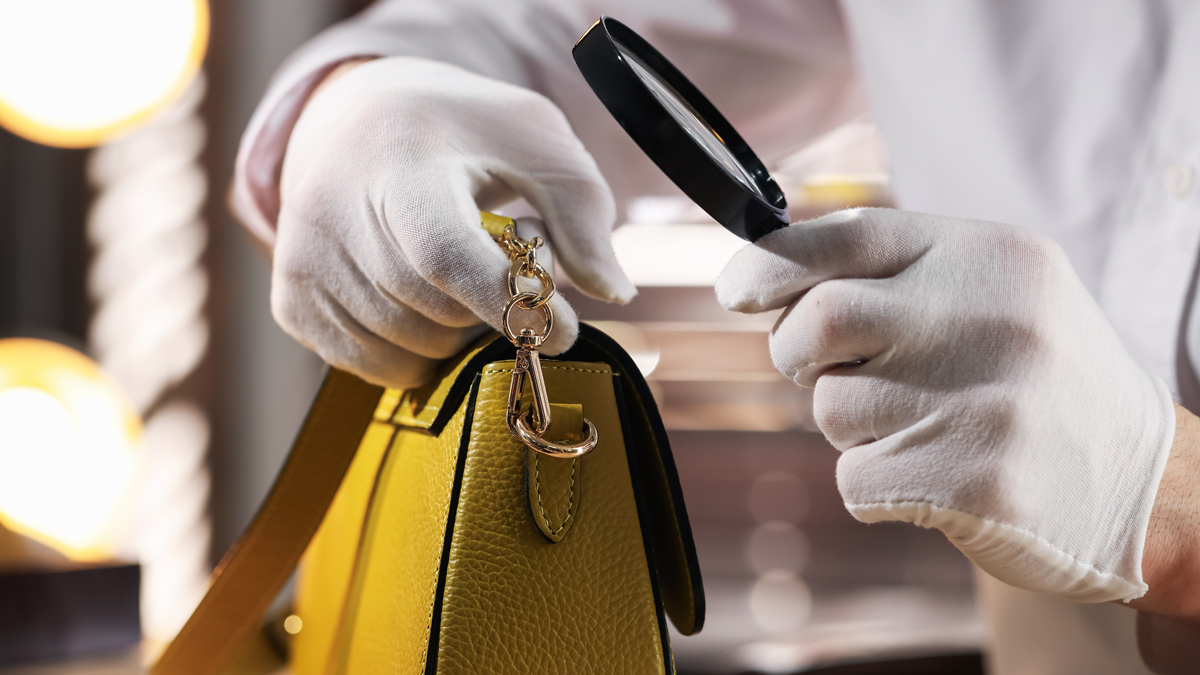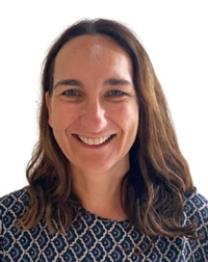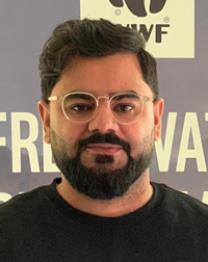
africaimages.com (Olga Yastremska, Africa Images)
Sustainability expectations in the global leather industry are evolving rapidly. New regulatory frameworks such as the EU Deforestation Regulation (EUDR), alongside growing buyer demands for traceability and environmental performance, are reshaping trade and market access – particularly for exporters in the Global South.
This official side event organised by the Sustainable Manufacturing and Environmental Pollution (SMEP) Programme will take place during the Lineapelle International Leather Exhibition – one of the world’s leading events for the leather industry. Drawing on SMEP-supported pilot projects in Bangladesh, Ethiopia and Pakistan, the discussions will explore how manufacturers and research institutions are trialling context-specific innovative methods – from traceability systems to cleaner production processes and waste valorisation to reduce the leather sector’s environmental impact, improve social outcomes, and safeguard access to international markets.
Featuring two panels on: (1) SMEP-backed innovative and local solutions in action; and (2) how policy, standards and procurement can support more sustainable leather trade, the event aims to facilitate exchange between producers, buyers and policymakers, and to raise awareness of emerging challenges and opportunities in meeting international market expectations. Participants will gain insight into real-world innovations emerging from the Global South and build understanding of the need for more inclusive, sustainable leather value chains.
The SMEP Programme is funded by UK International Development and implemented by the UK Foreign Commonwealth and Development Office (FCDO) in partnership with UN Trade and Development (UNCTAD), who provide Technical Assistance to the programme. Programme management is delivered through a consortium partnership between Pegasys International and SouthSouthNorth.
Note: Participation in this SMEP official side event requires prior registration to the Lineapelle International Leather Fair. Only registered Lineapelle attendees will be granted access to these SMEP sessions. More information.
Agenda
Panel 1: Innovative solutions in action from the Sustainable Manufacturing and Environmental Pollution (SMEP) Programme
Moderator: Ms. Elzette Henshilwood, Technical Project and Relationship Manager, SouthSouthNorth
- Mr. Adeel Younas, Project Lead, WWF Pakistan, Traceability, Cleaner Production and Circularity
- Mr. Ebenezer Laryea, Reader in Sustainable Development Law, Aston University Project Director, Leathertrace (Bangladesh)
- Mr. Palanivel Saravanan, Scientist at CSIR-India’s Central Leather Research Institute, Green Tannery Initiative, Ethiopia
- Ms. Sara Petersson, Programme Manager, Ethical Trading Initiative, United Kingdom
Panel 2: Policy to support uptake of innovative solutions for traceability and waste valorisation approaches
Moderator: Ms. Chloé Mukai, Head, Ethical Fashion Initiative at International Trade Centre (ITC)
- Mr. Lorenzo Formenti, Consultant, UN Trade and Development
- Mr. Norbert Niedzwiedz, Senior Standards Manager, Leather Working Group (LWG)
- Ms. Debra Taylor, Managing Director at Sustainable Leather Foundation (SLF)

Elzette Henshilwood is a Technical Project and Relations Manager for the SMEP Programme, managing a portfolio of projects implementing solutions in the Textiles and Tanneries sectors.
With a background in urban studies, she has contributed to sustainable urban development through land use planning, environmental management, and urban research, with work published by UN Habitat.
In this role, she bridges the gap between sustainable manufacturing and urban development, recognising that cleaner production practices and solutions are essential for the circularity, resilience and sustainability of cities.

Adeel Younas is a Sustainability Practitioner with over a decade of experience in environmental sustainability and stewardship. He holds a Bachelor's degree in Environmental Engineering and a Master's degree in Business.
Currently, He serves as Manager Sustainable Supply Chain at World Wide Fund for Nature (WWF) Pakistan leading “Pakistan Leather Sector: Traceability, Cleaner Production and Circularity” project aimed at piloting innovative solutions around traceability, cleaner production and circularity for reducing the environmental and socio-economic impacts of the manufacturing sector in Pakistan. Adeel Younas is also engaged as expert with Leather Working Group (LWG)’s technical task team and assessor for productivity specialist for Asian Productivity Organization (APO) Japan.

Ebenezer Laryea is a leading researcher in sustainable development law, collaborating with over 200 businesses and key international partners.
He directs the Leathertrace SMEP project in Bangladesh, focusing on supply chain transparency and sustainability.


